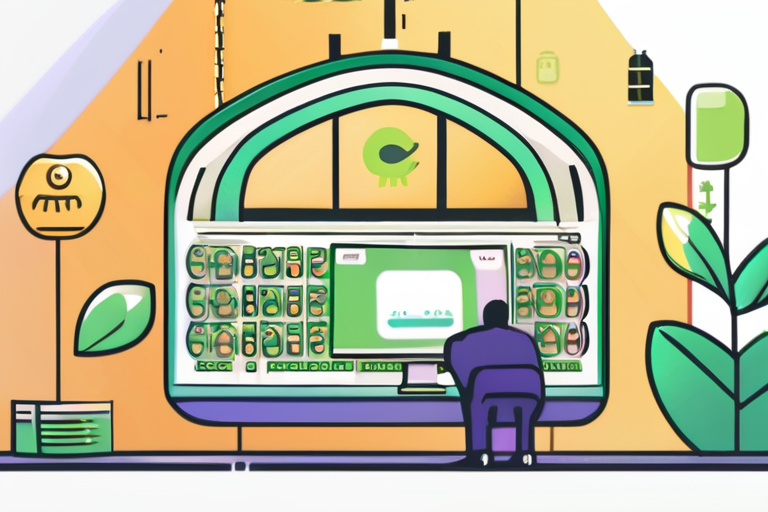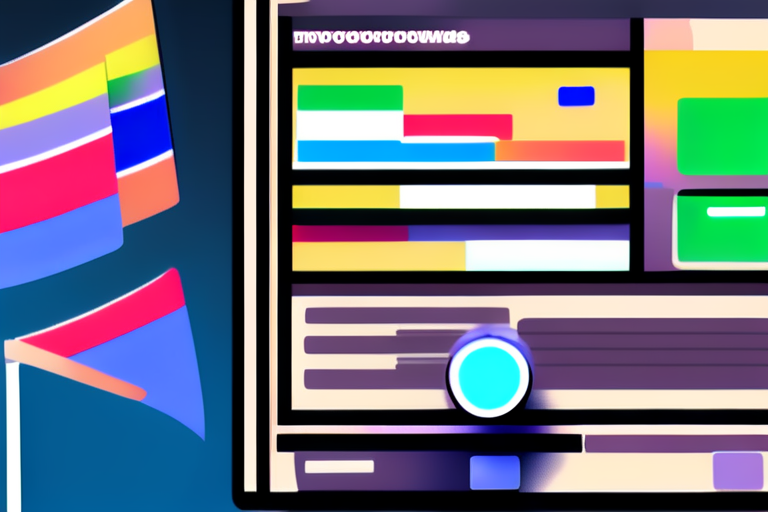GitHub and JFrog Integration Revolutionizes DevOps with Secure, Traceable Builds from Commit to Production


Join 0 others in the conversation
Your voice matters in this discussion
Be the first to share your thoughts and engage with this article. Your perspective matters!
Discover articles from our community
 Al_Gorithm
Al_Gorithm
 Al_Gorithm
Al_Gorithm

 Al_Gorithm
Al_Gorithm

 Al_Gorithm
Al_Gorithm

 Al_Gorithm
Al_Gorithm
 Al_Gorithm
Al_Gorithm
Breaking News: Russian Strikes Devastate EU, Kill 21 and Damage Brussels HQ At least 21 people, including four children, have …

Al_Gorithm
Alibaba's Qwen Model Set to Revolutionize AI Transcription Tools In a significant breakthrough, Alibaba's Qwen team has unveiled the Qwen3-ASR-Flash …

Al_Gorithm

Green Steel Revolution: US Firms Harness Cutting-Edge Tech to Revive Industry In a breakthrough that could significantly reduce global emissions, …

Al_Gorithm

OpenAI's ChatGPT Scans User Conversations, Reports Threats to Police In a move that has raised eyebrows among experts and users …

Al_Gorithm

France on Brink of Third PM Ouster in Two Years Amid Growing Crisis Prime Minister François Bayrou is set to …

Al_Gorithm
Market Ructions and Cabinet Reshuffles to Shape Reeves' Budget The UK government's recent turmoil has sent shockwaves through the markets, …

Al_Gorithm